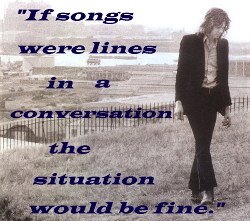And I'm like, Ummm, well...OK. But just this once.
PS, this film called Soul Power. I need to see it or I will die.
Oh hi, someone just decided to release this footage and make me the happiest girl in the whole wide world. It's only the latest in a string of events confirming how wonderful life is: first my Lakeshow squadron wins, then this piece of cinema comes out in theaters; that pony I've been wanting must be coming next, yes?
Pay attention: we have some Bill Withers, B.B. King, the Fania All-Stars!, Miriam Makeba, and Mr. Brown, of course. This is where that pic came from, I'm sure you remember, from my epic "I Heart Bill Withers" post of June '09.


July 10, 2009. Come pick me up in the Bonneville and take me to the ArcLight and then to get ice cream. It's like When We Were Kings, but with more basslines and sweat and James Brown's pressed hair.
"In 1974, the most celebrated American R&B acts of the time came together with the most renowned musical groups in Africa for a 12-hour, three-night long concert held in Kinshasa, Zaire. The dream-child of Hugh Masekela and Stewart Levine, this music festival became a reality when they convinced boxing promoter Don King to combine the event with “The Rumble in the Jungle,” the epic fight between Muhammad Ali and George Foreman.
Many of the American musicians performing at Zaire ‘74 had been emboldened by the American Civil Rights movement, and saw their journey to Africa as a unique opportunity not just to perform for a new set of enthusiastic fans, but to explore their roots as well. However, while the forward-thinking promoters of Zaire ‘74 hired a talented team of documentary filmmakers to capture everything from the setup to the performances to everyday life in Kinshasa, the project ran into trouble when the Liberian investment group that financed the festival and film ran into some rather serious legal disputes. For the next three decades, the remarkable footage would sit untouched and unedited — a valuable sociohistorical artifact seemingly forgotten, and left to succumb to the ravages of time."









No comments:
Post a Comment